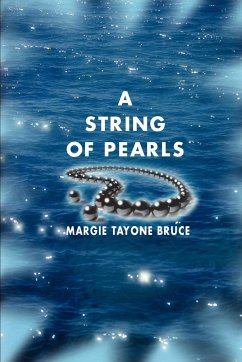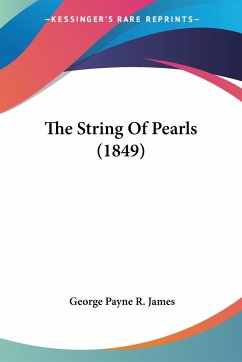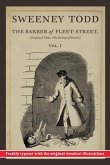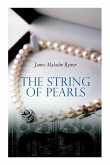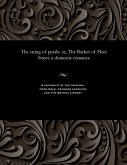Contemporary theorizing about art is dominated by a clash between two approaches: philosophers have characteristically taken the view that art is a vehicle of some universal meaning or truth, while art historians, and others working in the humanities, emphasize the concrete nature and historical particularity of the work of art. Is art capable of sustaining these two approaches? Or, as Kelly argues, is art rather determined by its historical particularity? If so, then if philosophers continue to pursue mainly the universality of art, they inadvertently end up exhibiting a disinterest and distrust in art. Kelly calls such disinterest and distrust 'iconoclasm', and in this book he discusses four philosophers - Heidegger, Adorno, Derrida, and Danto - who are ultimately iconoclasts despite their deep philosophical engagement with the arts. He concludes by suggesting ways in which iconoclasm in aesthetics can be avoided in the future.
Hinweis: Dieser Artikel kann nur an eine deutsche Lieferadresse ausgeliefert werden.
Hinweis: Dieser Artikel kann nur an eine deutsche Lieferadresse ausgeliefert werden.

